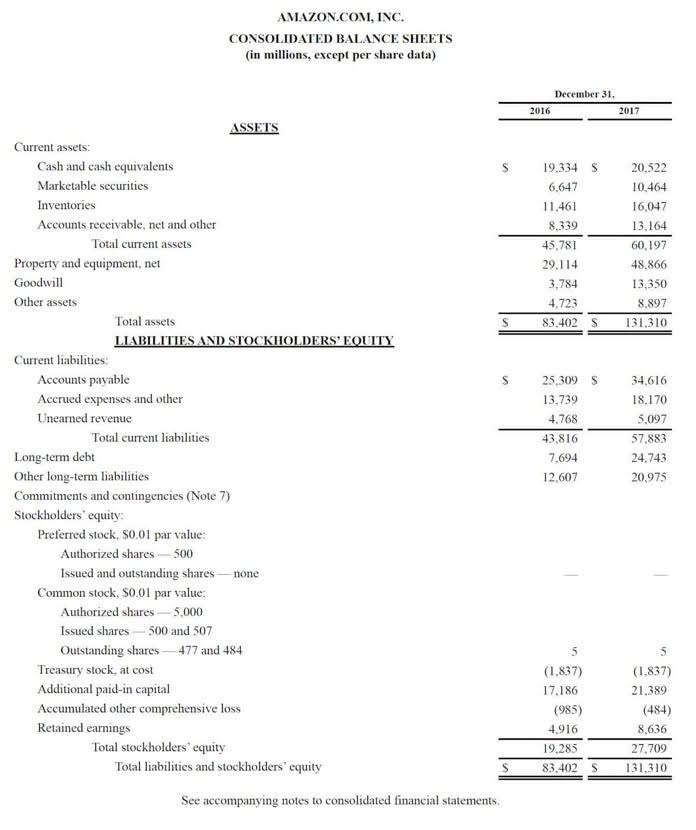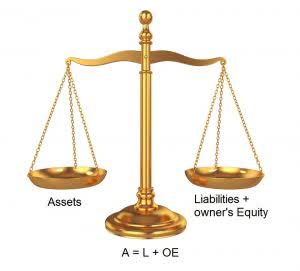
Independent contractors are business owners, meaning they set their fees and can have more than one client at the same time. When you interfere with the financial side of an independent contractor’s business, you’re crossing the independent contractor-employee line. The most noticeable difference between contractors and employees pertains to benefits and protections. Employees are often afforded more opportunities than independent contractors, making them more expensive hires than contractors. W-2 employees customarily work in their employers’ offices and must be present during set work hours. Independent contractors are less likely to be required to work from their clients’ offices — unless the work needs to be done there — and might not be tethered to working at specific hours of the day.
Although there is no one-size-fits-all approach to classifying workers, there are some guidelines the IRS uses to decide what category a worker fits in. Employees also enjoy a certain amount of commitment from their employers. Usually, companies hire their staff with the intention of keeping them for a long time.
Tax Obligations
Independent contractors, also called contract employees, must pay all taxes on their own. In addition to state and federal income taxes, they pay self-employment taxes https://www.bookstime.com/ equal to the employee and employer portions of FICA taxes. But remember, misclassifying employees as contractors can come with substantial legal and financial risks.
- Independent contractors are able to hire or outsource their own assistants/subcontractors for work at their own discretion.
- This makes it easy to provide feedback and allows for smooth communication when completing that particular task.
- You put in a lot of responsibility and you get back loyalty and control.
- This has changed dramatically, especially over the past five to ten years as the “gig economy” has taken off and employers are relying more and more on independent contractors instead of employees.
- If you have a looming gap in your workflow no one else can cover, getting a contractor on board makes sense.
- Employees also enjoy a certain amount of commitment from their employers.
On the other hand, an employment relationship is formed between a business and an individual. An employment contract is formed when an employment contract is signed or once a relationship is entered into in which the individual works under the employer’s control. In other words, an employment relationship can still be formed without a physical document of employment terms and signatures. Independent contractors can engage in nearly any kind of work, but employers can’t call just anyone who works for them an independent contractor.
Specialized Tax Forms
They are willing to do things your way in order to be part of a team and to have someone else take on business risks. It allows you to mentor your employees, earn their loyalty, and build a trusting partnership. Although those advantages can’t be measured, they provide significant value to any business.

It hinges on your work preferences, financial aspirations, career objectives, and risk tolerance. As the professional landscape continues to evolve, so should your evaluation of these factors to ensure that your chosen work status aligns with your evolving needs and goals. By carefully weighing these considerations, you can embark on a career path that best suits your unique circumstances. Your career objectives, financial situation, and risk tolerance should all be considered while deciding between independent contractor and employee status. Individuals who perform structured work for an employer are considered to be employees.
Pros and cons of hiring employees
For those with a creative and entrepreneurial spirit, the rewards will be more than just monetary. Being an independent contractor has its advantages over being an employee. However, there are drawbacks to being an independent contractor as well. It’s important when considering independent contract work to understand the pros and cons of working as an independent contractor. One of its key benefits is the flexibility and cost-effectiveness contractors can offer to a business.
Agencies may also charge you a commission, which will reduce your compensation (although you can deduct it on your tax returns). When it comes to employees, you’re providing the equipment, software, or materials needed to complete the necessary work. This will cost you money at the start and potentially additional training. Independent contractors will have their own equipment and own all of the necessary tools/software to begin working right away.
However, being an independent contractor can come with more responsibility. Also, you might need to pay for your own tools and equipment as well as establish a federal and state tax ID number. For companies that can afford to bring on an employee, having a dedicated team member who is invested in the long-term success of your business may be the better choice. However, utilizing independent contractors can be beneficial if you’re looking for short-term assistance or are working with a limited budget. Using a contractor has the benefit of requiring less management labor and financial investment to keep them in good working order.
Navigating 1099 versus W2 classification American Dental … – American Dental Association
Navigating 1099 versus W2 classification American Dental ….
Posted: Tue, 25 Apr 2023 07:00:00 GMT [source]
The contractor’s employment is also excluded from ERISA, FMLA, workers’ compensation, and overtime laws. Some additional problems with hiring employees include being subject to wage-an-hour claims, where the employer is responsible for paying the employee more for working overtime. The employee usually initiates such an investigation by filing a “wage-hour complaint” with the local department of labor offices. Whatever relationship you choose for yourself or your workers, establishing terms and conditions in black and white is a crucial way to protect yourself and your business.
Primary Characteristics That Differentiate Independent Contractors and Employees
Some employees may even report to work in person or work in a hybrid format whereas many independent contractors can and do work remotely. Don’t make decisions about classifying individuals in your workplace without consulting a lawyer about it first. The last thing you want is to misclassify someone as a contractor, only to have the DOL or IRS tell you otherwise. That can subject you to severe fines and payment of past-due taxes and benefits.
- Prior to entering the practice of law, Greg was a Trust officer for one of the largest U.S.
- According to the Department of Labor, contractors aren’t considered employees under the Fair Labor Standards Act.
- Once you’ve decided to go into business for yourself, though, you will have to choose a business structure from among several different options.
- On the other hand, an employment relationship is formed between a business and an individual.
- With independent contractors, there are no such requirements, and the employer is only responsible for the payment of the contractor’s invoices.
As mentioned above, there are a number of taxes you’ll have to pay if you hire employees as opposed to independent contractors. You will be responsible for withholding income tax and paying social security, Medicare, and unemployment taxes. Contractors are responsible for taking care of these things for themselves. Further, income tax and unemployment withholdings are additional financial burdens the company will have to take on while maintaining its employees. We often see new business owners try to classify their workers as independent contractors to avoid these costs.
Who benefits the most from hiring independent contractors?
Make sure you are aware of all your obligations relating to both your employees and your independent contractors. It doesn’t matter whether you consider the individuals you employ employees or independent contractors. Ultimately, the IRS or the Department of Labor will decide how your workers should be categorized. independent contractor vs employee Unlike employees, independent contractors aren’t by default barred from delegating parts of their work or consulting to other professionals. Before committing to a business relationship, the employer and the contractor should clearly lay out flexibility on such matters in their freelance contract.

